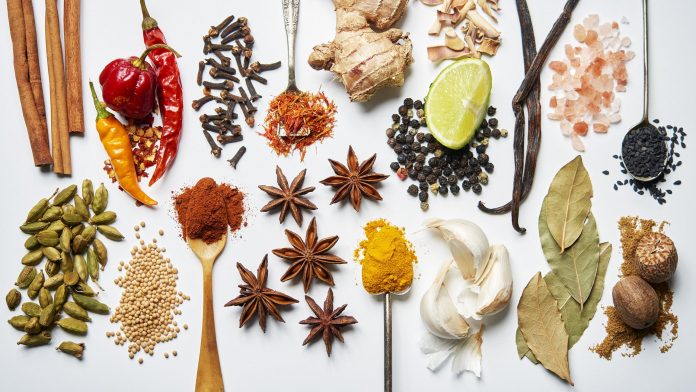Herbs have been used for thousands of years to cure common ailments that we experience in our body. It is only recently that modern medicine have created tablets and pills for when we are ill. But do you know that these simple herbs can be found in our kitchen cabinets? You can simply process these ingredients or add it to your dish and you will find your all-natural cure for common ailments.
Here are several kitchen ingredients that you can use to cure your common ailments:
Cayenne Pepper
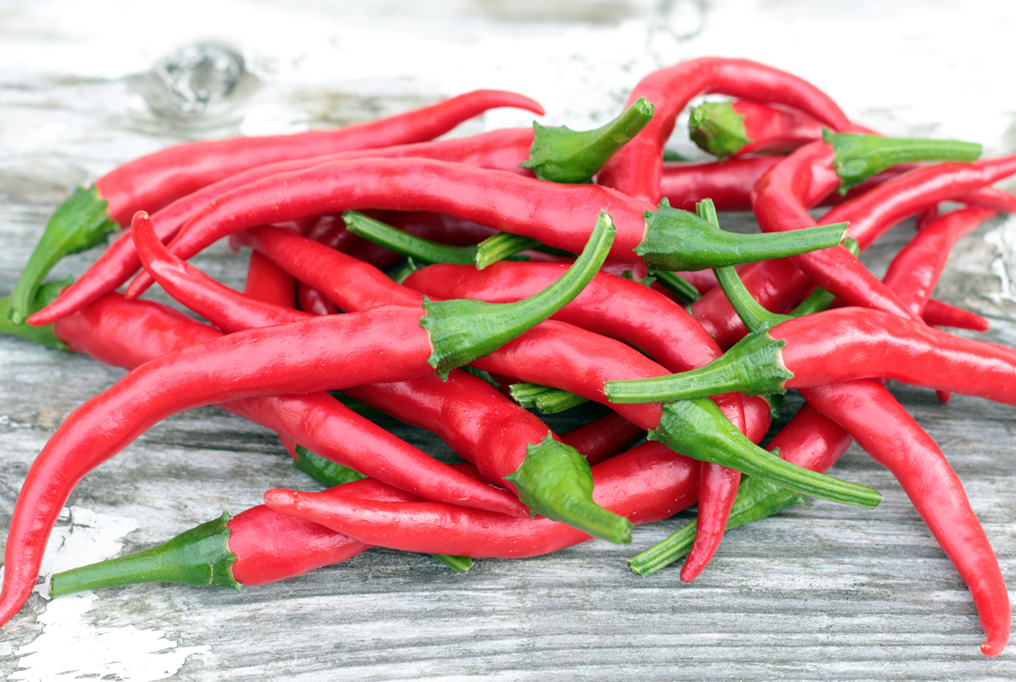
Cayenne pepper is something that can be easily found in any market or supermarket in Indonesia, for Indonesians are fond of adding a spicy kick to any meal or drink. Not only does it add a kick to otherwise bland dishes, but the capsaicin contained in cayenne pepper also has numerous health benefits.
Cayenne pepper health benefits:
- Detoxifies the body
- Lowers cholesterol
- Boosts metabolism
- Eases an upset stomach and helps digestion
- Improves circulation
- Relieves pain
Garlic

Garlic is a common flavor addition to soups and various dishes in Indonesia. Consuming garlic in dishes is another way of being health-conscious. Plus, it’s super easy to add it into a wide array of dishes. There is no doubt that eating garlic on a regular basis is good for your over health, even more so is raw garlic as that is at its most potent form. Try eating it uncooked for the most health benefit.
Garlic health benefits:
- Fights infections
- Helps prevent heart disease
- Lowers cholesterol and blood pressure
- Prevents dementia, Alzheimer’s and similar degenerative diseases
- Improves digestive health
Parsley

Parsley is more commonly found as a garnish for various dishes. Yet eating it can help with various health concerns, as it contains a high concentration of antioxidants, vitamin K and other compounds that makes it an all-around powerhouse herb for your body.
Parsley health benefits:
- Supports immune system
- Relieves bloating and supports digestive health
- Fights bad breath
- Supports bone health
- Rich source of antioxidants
Rosemary

Rosemary is most known for being an addition to proteins such as poultry, game, lamb, pork and so much more! Despite being most known for adding flavor to various dishes, rosemary is full of vitamins and minerals that help support many different functions in the body.
Rosemary health benefits:
- Reduces inflammation
- Improves blood circulation
- Improves memory and enhances overall brain function
- Treats bad breath
- Supports liver health
- Supports hair growth
Sage

Other than rosemary, sage is another medical plant that is said to support memory and combat degenerative diseases. Besides that, sage is also well-known for naturally lowering glucose levels which makes it good for people with diabetes. It is also a popular ingredient for several dishes and beauty products, therefore you can easily reap the benefits of sage in a multitude of ways!
Sage health benefits:
- Improves memory and enhances overall brain function
- Supports digestive health
- Strengthens immune system
- Treats and helps manage diabetes
- Rich in antioxidants
- Improves skin health
Thyme
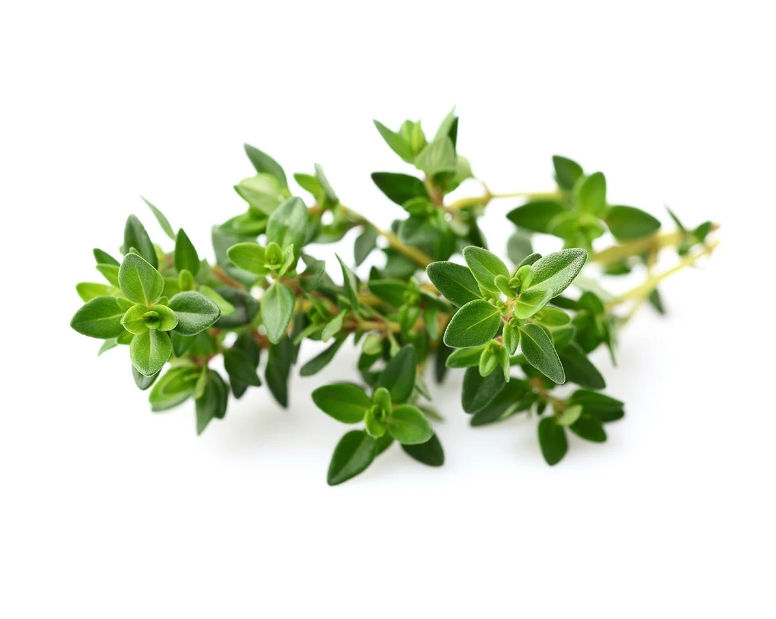
Thyme is a popular kitchen ingredient used to flavor cheese, lentils and even tea. Thymol found in thyme is commonly found in mouthwash and vapor rubs since it has strong antifungal and antibacterial properties. Thyme’s antifungal properties also helps prevent food borne illnesses as it can decontaminate food and prevent infections in the body.
Thyme health benefits:
- Fights bad breath
- Soothes sore throats and coughs
- Improves blood circulation
- Treats respiratory problems
- Supports immune system
Aloe Vera

The title of ‘King of Medicinal Plants’ is given to aloe vera in Ayurveda because it gives a lot of benefits for the human body. Even better, maintaining an aloe vera plant is very easy. It holds water in its fleshy leaves which is why it can survive, even in extremely dry conditions.
Aloe Vera Health Benefits:
- Helps with Constipation
- Heals burns
- Improves digestive health
- Promotes oral health
- Clears acne
- Supports immune system

As the king is aloe vera, Holy Basil or Tulsi is the ‘Queen’ of medicinal plants. Although this plant holds immense significance in the Hindu religion, its benefits makes it so much more than that. It is known for its healing properties and its strong aroma is enough to keep bacterial growth at bay.
Tulsi Health Benefits:
- It gives you strength to fight stress
- Combats respiratory ailments
- Lowers Blood Pressure
- Treats Gastrointestinal Disorders
- Relieves Arthritis
- Regulates Blood Sugar
- Antiseptic
- Anti-cancer
- Boosts Cardiovascular Health
- Improves Liver Function
- Helps with Weight Loss
- Prevents Hair Loss
- Prevents Greying of Hair
- Improves Immunity
- Reduces Inflammation
- Removes Plaque from arteries
- A Natural Mouth Freshener
- Improves Eye Health
- Good for Headaches
- Clears Acne
- Helps Anti-Aging

Mint is found almost everywhere you look, for it is even found in candy. Yet it has a lot of health benefits for you to reap, such as enhancing your mood to treating indigestion. The best part about keeping a mint plant at home is its ability to repel pest and insects.
Mint Health Benefits:
- Keeps the digestive system running
- Boosts immunity
- Enhances mood
- Expels cough from the body
- Benefits respiratory health
- Keeps mosquitoes away
Fenugreek
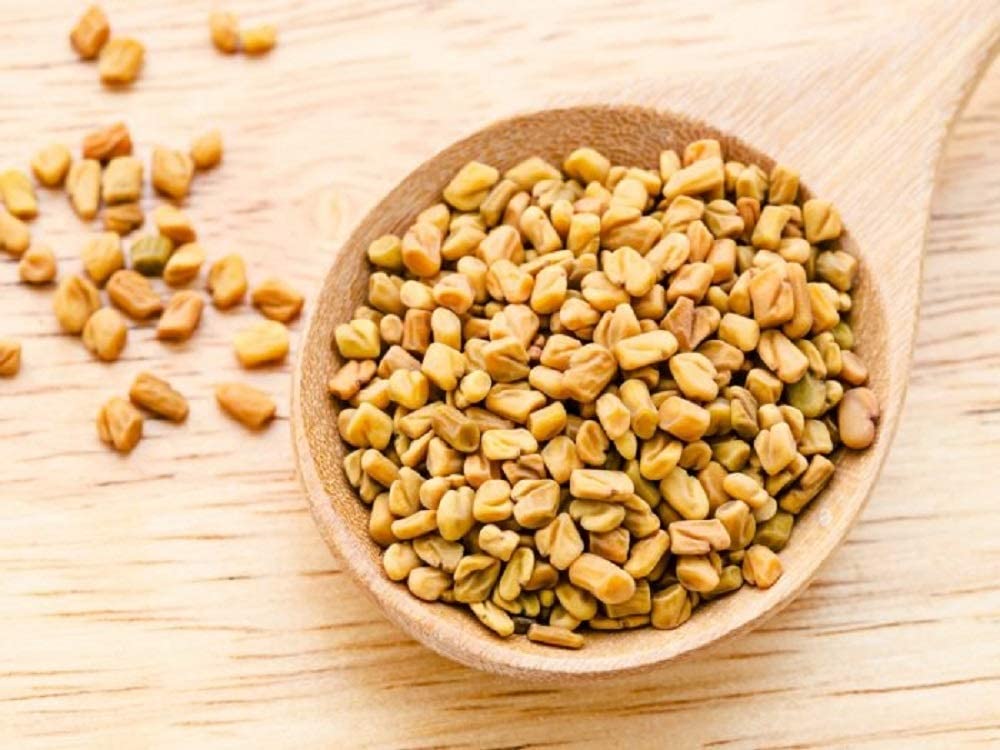
Besides the plants mentioned above, methi or fenugreek is another plant that has numerous benefits for the human body. It has a lot of benefits for the body and is even multi-functional plant as both the leaves and the seeds are useful.
Fenugreek Health Benefits:
- Controls cholesterol levels
- Curbs hair loss
- Increases appetite
- Boosts your excretory system
- Purifies blood
- Lowers blood pressure
- Beneficial for joint pains and diabetes
Fennel

Fennel or saunf is mostly used as spice mixtures for a variety of dishes like curries, soups, sauces and much more. It is a custom in India to chew fennel seeds after every meal. Surprisingly, fennel can be used for a wide variety of health problems. This plant can be grown easily in your garden and does not require much care.
Fennel Health Benefits:
- Treats cough
- Controls cholesterol
- Improves eyesight
- Cure acidity
- Prevents bad breath
- Improves breast milk supply in lactating women
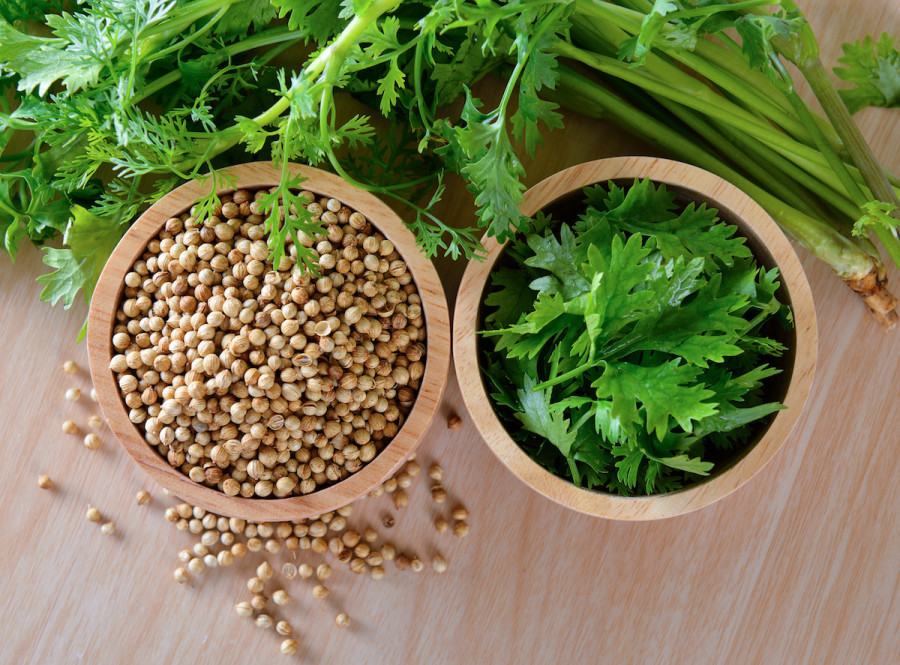
Coriander, or else known as dhania is an important ingredient in the Indian kitchen for every part of it can be used to add distinct flavor to your food. Whether it is leaves, seeds and powder of the seeds are all used in cooking. It is even extremely beneficial for your health and has a wide variety of medicinal properties.
Coriander Health Benefits:
- Prevents the food from spoiling
- It is rich in antioxidants
- Cures urine retention
- Improves digestion
- It regulates your menstrual cycles
- Treats acne
Ginger

Ginger is another ingredient that is frequently used in the kitchen but also has a wide variety of health benefits. Luckily it is also easy to grow and maintain in your herb garden. All you need to do is sow the ginger root in your garden and it a few days it will grow it in a few days.
Ginger Health Benefits:
- Treats indigestion
- Eases headaches
- Controls blood pressure
- Treats cold, cough, flu and asthma
- Relives menstrual pains and cramps

Originated from India, turmeric is delicious added to a wide variety of dishes. But what makes it truly special and different from other herbs is its health benefits that stretches far and wide. Because of its high content of antioxidant, it is beneficial for a variety of diseases mentioned below. Added to dishes, it makes a delicious, antioxidant-rich addition to many dishes.
Turmeric Health Benefits:
- pain caused by inflammatory diseases, like arthritis
- preventing cancer
- stopping DNA mutations
- several skin diseases

